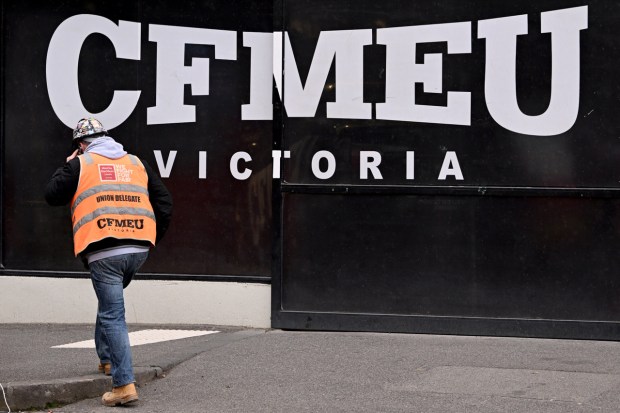Son to father: I’m thinking of going into organised crime. Father to son: private sector or government?
Crony capitalism – it’s one of the most depressing aspects of modern market-based economies and I use the term market cautiously. It’s no longer about producers supplying quality, keenly priced goods and services to canny but grateful consumers, it’s about producers seeking regulatory and financial favours from politicians, and consumers simply having to make do.
Already a subscriber? Log in
Subscribe for just $2 a week
Try a month of The Spectator Australia absolutely free and without commitment. Not only that but – if you choose to continue – you’ll pay just $2 a week for your first year.
- Unlimited access to spectator.com.au and app
- The weekly edition on the Spectator Australia app
- Spectator podcasts and newsletters
- Full access to spectator.co.uk
Unlock this article
You might disagree with half of it, but you’ll enjoy reading all of it. Try your first month for free, then just $2 a week for the remainder of your first year.












Comments
Don't miss out
Join the conversation with other Spectator Australia readers. Subscribe to leave a comment.
SUBSCRIBEAlready a subscriber? Log in